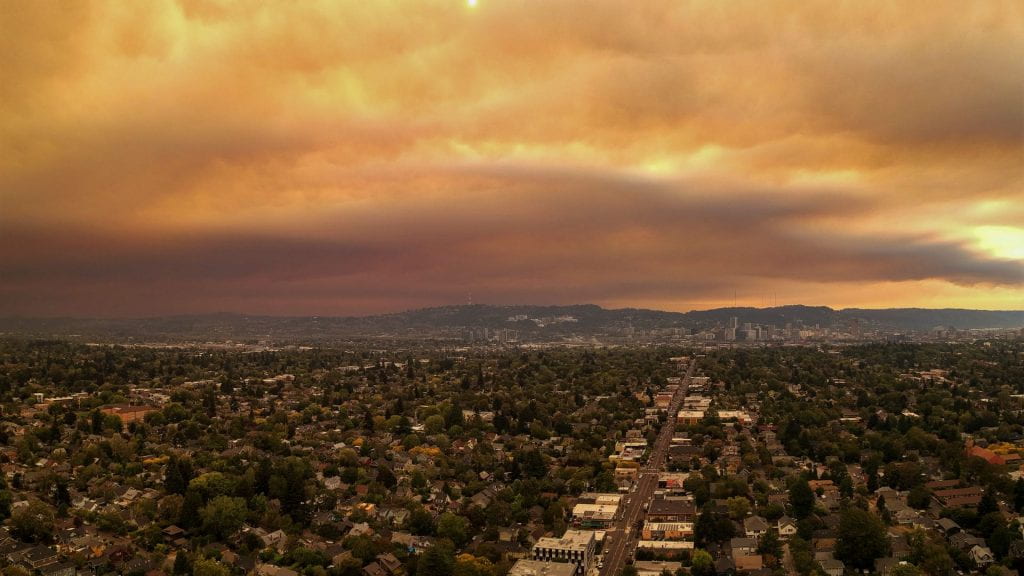Wildfires, flooding, hurricanes, heat waves– all are making headlines as symptoms of a larger climate crisis. Although climate change used to be relegated to talks of future disaster, an increasing number of media outlets now recognize that the crisis is upon us, and that it is taking the shape of extreme weather that rocks communities both domestically and abroad.
Coverage of these disasters also highlights the burdens added by the pandemic, which exacerbate the vulnerability of impacted populations. The “new normal” introduced by the pandemic requires physical distancing even when sheltering during hurricanes. The need for increased sanitation measures, while critical to the safety of the larger population, slows down emergency teams responding to forest fires. Evictions leave more people without reliable housing at a time when being exposed to the elements can take on new, deadly implications.
Andreanecia Morris, Executive Director of the nonprofit HousingNOLA, made this connection clear in an interview with NPR about the impact that Hurricane Sally will have on the New Orleans community. “People are becoming more vulnerable as this COVID crisis goes on,” she said. “We have frankly been failing to serve the most vulnerable, and the people who have been made vulnerable by these cascading catastrophes.”
As at-risk communities like those in New Orleans brace themselves for the challenges of the immediate future, we are left wondering what we will do when more places on Earth become uninhabitable because of the changing climate. How can we adapt, and where can we go? These are big questions that more and more people and communities are asking, talking about, and starting to offer answers for.
Read on…
- September 21, 2020 – Beta Brings New Flood Risk To Texas Coast And La., Where Thousands Still Lack Power – NPR
- September 20, 2020 – Wildfires, Droughts, Pandemics. Is this Our Future? How to Build a Safer World. – Time
- September 18, 2020 – This Oregon forest was supposed to store carbon for 100 years. Now it’s on fire. – Grist
- September 17, 2020 – The Age of Megafires: The World Hits a Climate Tipping Point – Yale E360
- September 15, 2020 – How Climate Migration will Reshape America. Millions will be displaced. Where will they go? – The New York Times
- September 15, 2020 – “Unprecedented”: What’s behind the California, Oregon, and Washington wildfires. – Vox
- September 11, 2020 – Most wildfire coverage on American TV news fails to mention link to climate crisis – The Guardian
- September 11, 2020 – As Wildfire Smoke Blots Out the Sun in Northern California, Many Ask: ‘Where Are the Birds?’ – Inside Climate News
- August 28, 2020 – Everything Is Unprecedented. Welcome To Your Hotter Earth. – NPR
- August 7, 2020 – This Is Inequity at the Boiling Point – The New York Times
This article was written by Natalie Snyder, Communication Associate at the Office of Sustainability.
